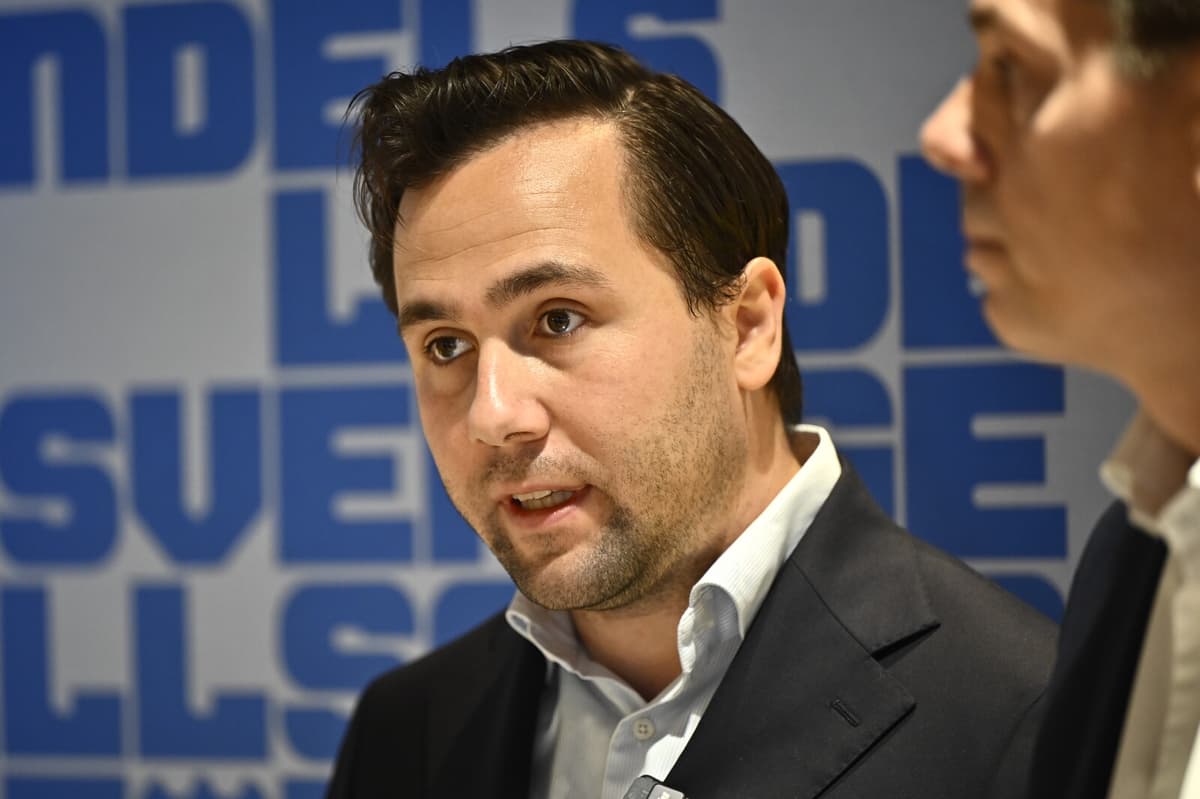The government's wish list was handed over to the EU Commission on Tuesday, when the deadline for requests for exemptions expired.
According to Benjamin Dousa, the Swedish wishes have been prepared with a comprehensive analysis of risks and strategic interests.
We have partly looked at import flows from the US to Sweden, where the flows are largest. And we have met with hundreds of Swedish companies and industry organizations. The Commercial Court has also received input directly for the Swedish business sector, he says.
Furthermore, we have tried to analyze if there is a strategic dependence on the import of a product from the US. Are there other suppliers from other countries we can use? he adds.
Can be market-moving
The risk that some EU tariffs on US products could hit research, innovation and the defense sector in the EU and Sweden has been in focus.
Exactly which products Sweden's government wants the EU to remove from the large list of US tariffs, Dousa does not want to reveal.
It concerns very specific company interests. It can be company secrets and you can easily link product codes to which company it concerns – and that can be market-moving, he says.
When the EU voted a previous package of countermeasures against President Donald Trump's tariffs on EU products in April, Sweden got three of five desired exemptions from the product list.
The new list that the EU is now working on includes products from the US for a total of 95 billion euros. The paused package of countermeasures from April amounted to 21 billion euros.
“Small steps” in the negotiations
Last week, EU Trade Commissioner Maros Sefcovic said that progress had been made in the tariff talks with US Trade Representative Jamieson Greer. But he warned that Trump's sudden order in May to double US tariffs on steel and aluminum to 50 percent could cause problems.
Even Greer said he was “satisfied that the negotiations are moving forward quickly”.
Dousa describes the progress as “small steps”.
We want a negotiated solution as soon as possible and the EU has not yet raised a single tariff, he says.
But he believes it will be difficult to get an agreement that eliminates US tariffs and the need for EU countermeasures in the short term.
This risks becoming a prolonged process.






